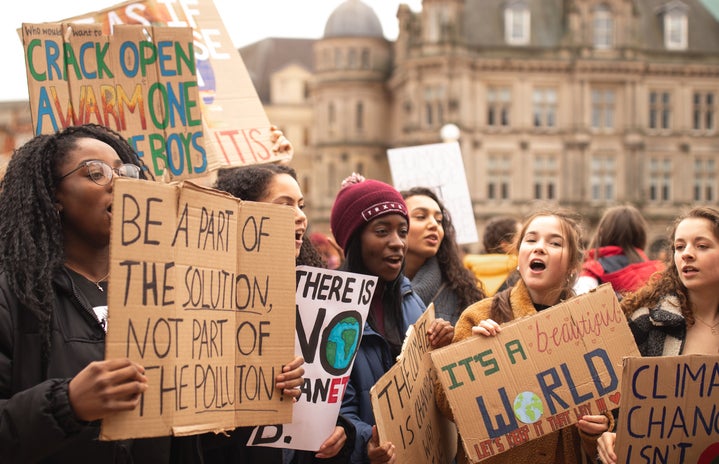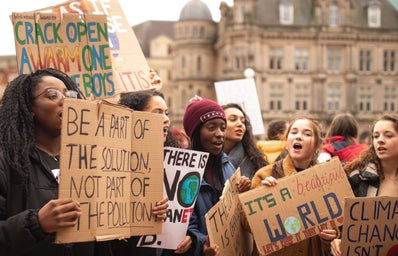The pervasiveness of recognition without action has heightened with the rise of social media. The hyper-connected age of social media affords us an accessible channel of dissemination for relevant social issues. It has the power to educate the masses about social injustice, creates online communities for marginalized peoples, and acts as a facilitator for in-person protest. Though social media has seemingly advanced society’s understanding of systemic inequities, it still fails to hold the majority of people accountable for their actions in real life.
Individuals often share infographics on Instagram to cushion their own guilt, yet fail to condemn their peers face-to-face, contact their elected representatives, or donate to causes. Most share tidbits of information online to appear “woke,” but in reality lack true empathy and fear too greatly to have difficult conversations. People condemn injustice online because they want to appear that they want change. Knowledge without tangible action defeats the purpose of such education. For example, learning about the human rights abuses at fast fashion factories yet continuing to buy from these companies is a futile and hypocritical effort to comfort one’s conscience. Feeling “sorry” for marginalized groups but making excuses to avoid donating time and money is an attempt to justify their self-absorbed ways.
Being constantly tapped into social media has its perks. More than ever, individuals are exposed to social injustices around the world, whereby empathy is bred and change may be enacted. Yet, hyperconnectivity online diminishes the importance of taking action in real life. The social pressure to “speak out” dilutes the significance of an issue as reposts are done for the sake of saving face. Today, we must reflect on our compliance in advocacy without action, as perpetuated by constant engagement with social media, and ways we can address the issue. Critical thinking, introspection, and compassion must engender accountability to our promise of creating a fair and equitable world for all.


